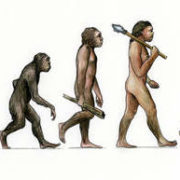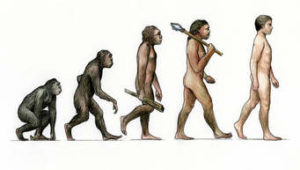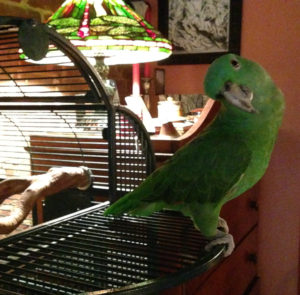Feeling the Pinch of the Holidays?
Let It Direct Your New Year’s Resolution
The N YC craft fairs are an art-filled, outdoor, community experience that gets everyone in the holiday spirit. It is a unique and wonderful holiday shopping frenzy. I find myself dashing through them between clients, at the end of my work days, or over the weekend to get all my holiday needs in order. It’s all consuming and I love it!!
YC craft fairs are an art-filled, outdoor, community experience that gets everyone in the holiday spirit. It is a unique and wonderful holiday shopping frenzy. I find myself dashing through them between clients, at the end of my work days, or over the weekend to get all my holiday needs in order. It’s all consuming and I love it!!
The holidays, however, can make us dizzy with fatigue, unsettled by the all-consuming whirlwind, and overwhelmed with what it will take to recover our best selves to kickstart 2019!
This mayhem is the perfect setting to recognize the root of our year-round triggers.
Yes, there is an intrinsic message in our tensions expression!
When overwhelm turns into physical pain our body is trying to tell us something.
The body uses location and pain as its sentence structure to communicate. While your brain remembers an event, it’s your body that harbors the emotions that accompanied an event. Emotional tension patterns settle in the areas of the body that animate the emotion. And it can carry these emotional tension patterns around indefinitely if you don’t listen to its cry.
Unresolved emotions create tension that distort your posture. That tension then gets triggered into reactive expressions when under pressure. The emotional outbursts, physical pain, even sickness that interferes with your joy for living is actually a low-grade drain that is always under the surface!
Locations of emotional expression commonly agitated over the holidays:
- Shoulders form the widest part of your skeletal frame, their muscles shape your posture’s horizontal integrity. For this reason, shoulders carry emotions regarding your integrity––what you value, as well as, your sense of personal value.
- Low back muscles protect the kidneys, which from an Eastern perspective carry your fear. Their muscles tighten and surrender to the same degree your fear rises and falls.
- Hip flexors/Iliopsoas muscles balance your torso over your legs. Too often however, they are used to power your legs direction. This overuse of a relatively small muscle is over controlling the larger leg muscle groups. Control is carried in the iliopsoas muscles and its grip is felt in the fold or the center of the hip joints.
Emotional anguish around social pressures and family gatherings at holiday time are undeniable. It’s important to remember that the emotions that surface under pressure are always lying under our smiles of pleasantry. And their low-grade energy consumption can draw us further and further away from our smiles of truth.
Resolve your body’s cry in 2019! Correct your posture and consider your emotional misalignments.
- For shoulder pain keep them physically positioned on the coronal plane––the plane between front and back planes of the body––and emotionally explore your relationship to your own value or the values you are surrounded by. Create a suitable active meditation, like: My value is always in my being.
- For low back pain keep your low abdominal muscles supporting its physical curve and explore the emotions creating your fears. Create a suitable active meditation, like: My fears are not facts.
- For iliopsoas pain keep your hip bones forward enough to rock your weight onto the balls of your feet and explore your emotional relationship with being controlling or controlled. Create a suitable active meditation, like: I can have control without being controlling.
High pressure holiday situations that escalate your tension into tantrum and spasm excavates the work that needs to be addressed in your life’s story. Recognize the root of your tension so you can weed them out in 2019.
Have a liberating new year!
The BodyLogos Practice helps you understand where specific emotions get trapped in your bodies’ soft tissue. Developed by me––Tammy Wise––B’way dancer turned Tao Minister. I use the emotional intelligence of posture to transform tension into strength.
In my new book/3D-video learning system, The Art of Strength: Sculpt the Body ~ Train the mind. I walk you through mind-body techniques that will help you release tension and build strength simultaneously.




 Rewire Your Core Strength
Rewire Your Core Strength


 Find the Innocence of Listening
Find the Innocence of Listening










